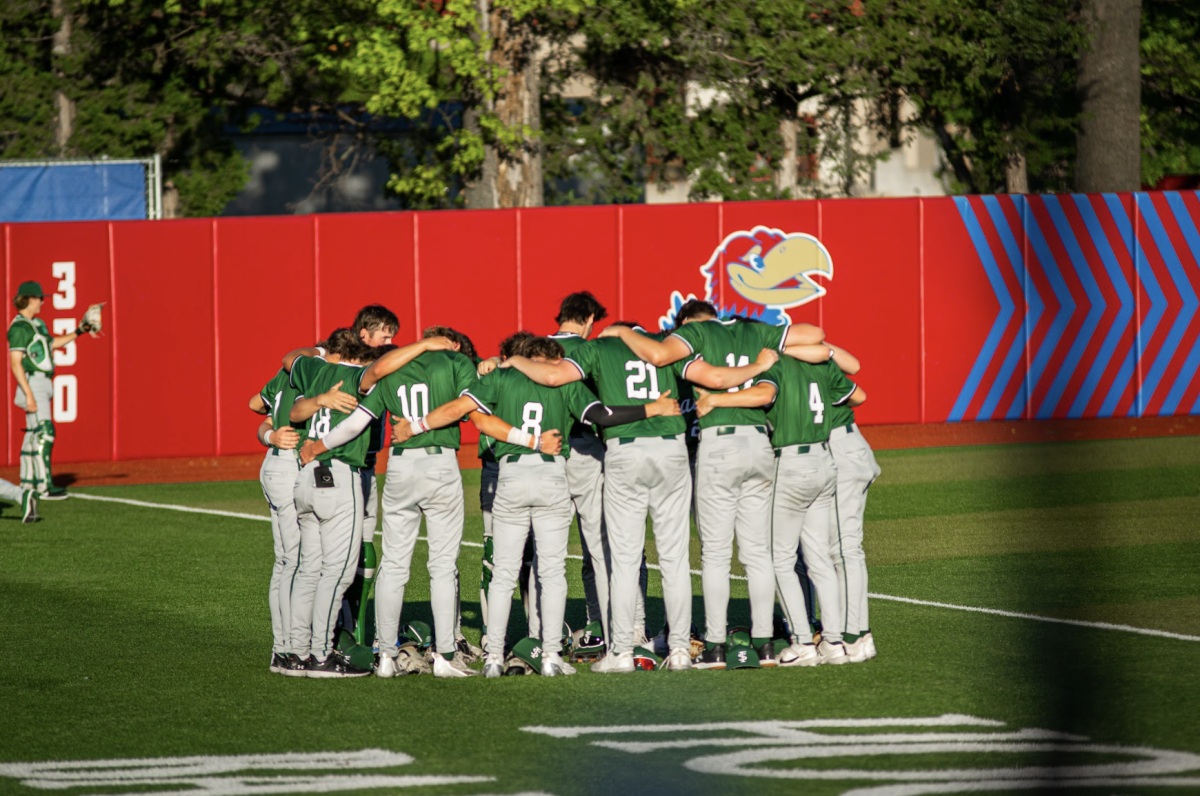When an American soldier takes an oath to protect and defend our nation and is killed while upholding that oath, the last thing his father should suffer at the funeral is messages defaming his son, his God and his country. However, no American citizen should be denied the right to free speech. In the United States, the right to free speech held by everyone trumps an individual’s moral code.
Albert Snyder, father of the late Marine Lance Corporal Matthew A. Snyder, arranged a private Christian funeral for his son at a church in Westminster, Maryland in 2006. Kansas preacher Fred W. Phelps, Sr., head pastor of Topeka’s Westboro Baptist Church, arranged to protest the funeral. Snyder later sued Phelps, members of his family and Westboro Baptist for intrusion into a secluded event, intentional infliction of emotional distress and civil conspiracy. Snyder won a $5 million verdict, which was later overturned when a federal court said the protesters were protected by their right to free speech.
We believe that Phelps and the members of his church are morally wrong in their hateful actions towards almost every social group in America except their own. The group is watched by the Anti-Defamation League and categorized as a hate group by the Southern Poverty Law Center. Many have asked if their religious views are actually hurting the image of Christianity. The church’s primary web site asserts that every tragedy in the world has a direct link to society’s tolerance and acceptance of homosexuality, and that homosexual acts should be met with capital punishment.
Despite our passionate opposition to this group, their statements and actions, we believe that Phelps and his constituents (or brainwashed lackeys, you decide…) are legally justified in that they have the right to express their views.
The Snyder v. Phelps case raises the issue of the First Amendment rights of protesters at a funeral and whether they are liable for intentionally inflicting emotional distress on grieving families. Moral standards aside, we think that Phelps is protected by the Constitution just as every other American citizen should be. If his right to free speech and protest is taken away, then the same could be done to everyone else.
While we disagree with Phelps’ opinions, we also see the importance of minority opinions in the United States. Opinions should not be silenced just because they are considered wrong now: the future of these views must be taken into account. Fifty years ago, racial segregation was believed to be morally right by the majority of American citizens. The minority opinion that racial segregation is morally wrong led to a shift in majority opinion.
The questionable logic and morals of Phelps’ arguments, including his conclusions pertaining to religion and sexuality, have sparked controversy. Fortunately for him, everyone in America has the right to free speech. I look forward to a member of his church, hopefully the “man” himself, exercising that right by sending me some correspondence.













